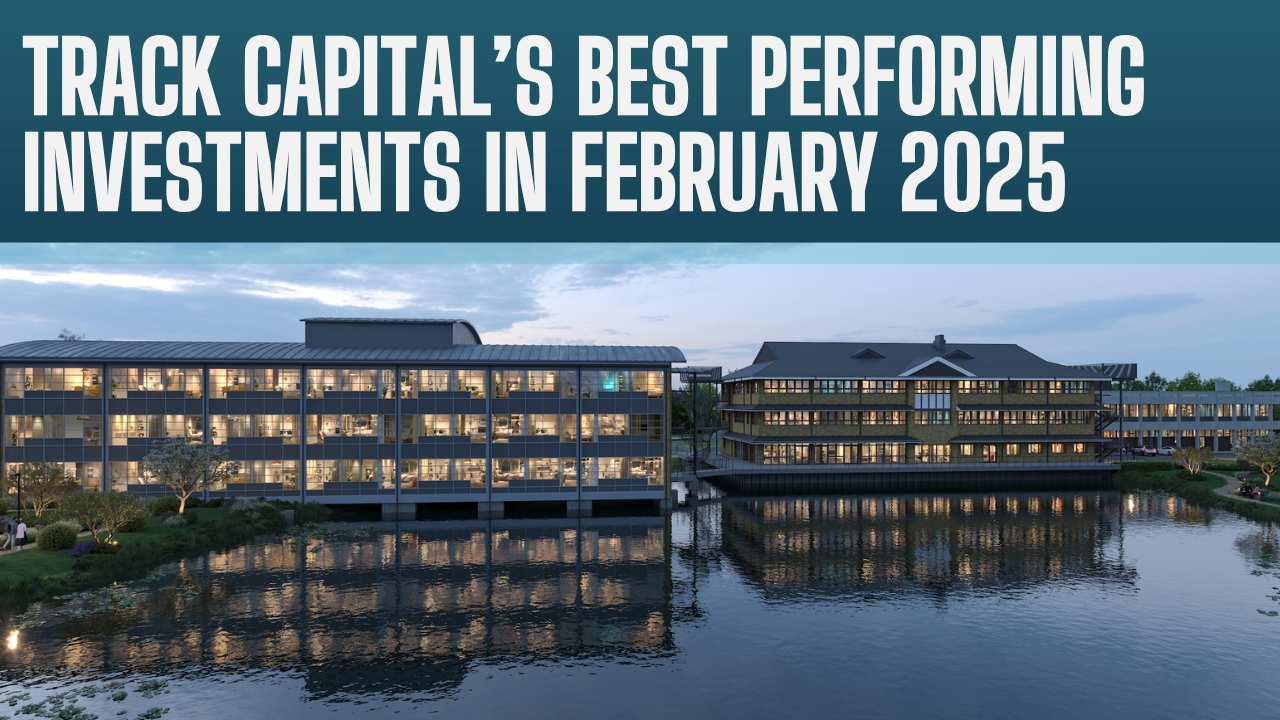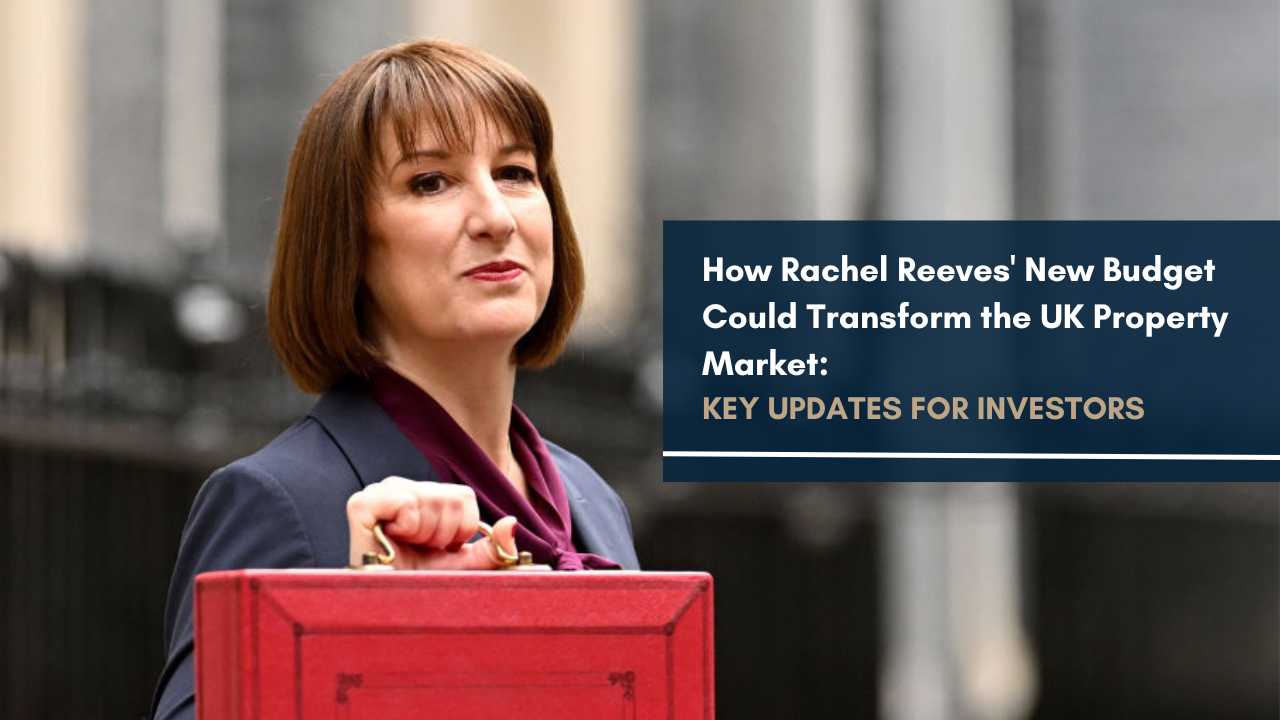Are you on the verge of diving into the world of property investment, but you’re torn between purchasing an off-plan property or a completed one? It’s a significant decision that comes with its distinct advantages and potential challenges. In this article, we’ll unpack the pros and cons of off-plan and completed properties to aid you in making a more informed choice.
Off-Plan Property: What Does it Mean?

Off-plan property refers to buying a residential or commercial unit before it has been fully constructed. The purchaser typically relies on architectural blueprints and floor plans to visualise the final product.
The Pros of Off-Plan Property
Price Advantage: Off-plan properties often come at a lower price than completed ones. Developers offer enticing discounts and flexible payment plans to secure funds for the project’s completion.
Capital Growth: If the property market conditions are favourable, your property could appreciate in value significantly by the time it’s completed.
Customisation: Off-plan properties offer the flexibility of personalising the property based on your preferences, such as the choice of finishes, fixtures, and layouts.
You can learn more about the benefits of off-plan in our blog post: The Benefits Of Buying Off-Plan Property (Plus 3 Risks)
The Cons of Off-Plan Property

Construction Delays: Construction timelines can be unpredictable, leading to delays. Construction delays in off-plan property investments can be problematic as they lead to extended waiting periods before the property is ready. This postpones potential rental income or usage of the property. Additionally, delays can also result in increased overall costs, affecting the return on investment and causing financial strain for investors.
Risk of Developer Insolvency: There’s always the risk that the developer might run into financial difficulties, leading to project abandonment.
Market Fluctuations: While the value of the property can increase over time, the opposite can also happen. A downturn in the property market can lead to a devaluation of your investment.
Complete Property: What Does it Mean?

A completed property is one that is ready for occupancy or leasing. You can physically inspect and evaluate the property before making a purchase decision.
The Pros of Complete Property
Immediate Possession: Once the deal is closed, you can move in or rent out the property immediately. This can be advantageous for those looking for a quick return on investment.
What You See is What You Get: Unlike off-plan properties, you can inspect the actual property, not just plans or CGI impressions. You know exactly what you are investing in.
Established Neighbourhood: Complete properties are usually situated in established communities. This means local amenities, transport links, and schools are already in place, which can enhance the property’s attractiveness.
The Cons of Complete Property

Higher Initial Cost: Completed properties often cost more than off-plan properties due to their immediate availability and the tangible value they offer. Buyers can physically inspect the property, and there’s no waiting period or construction risks. Furthermore, these properties are often located in established neighbourhoods with existing amenities, adding to their premium pricing.
Limited Personalisation: The ability to customise a completed property is usually limited and can be expensive.
Potential for Immediate Maintenance: Older completed properties may need immediate repairs or maintenance, which can add to the overall cost of the investment.
Conclusion
In conclusion, there’s no definitive answer as to which is better – it all depends on your investment goals, risk appetite, and time frame. Off-plan properties can offer substantial gains and customisation but come with inherent risks and longer waiting periods. On the other hand, completed properties provide immediate possession and tangible assurance, at the potential cost of higher prices and limited personalisation.
A thorough assessment of your personal circumstances, market conditions, and professional advice can go a long way in determining which route will suit you best. After all, property investment is not a one-size-fits-all venture. It’s a journey tailored to your financial goals and lifestyle preferences.





































